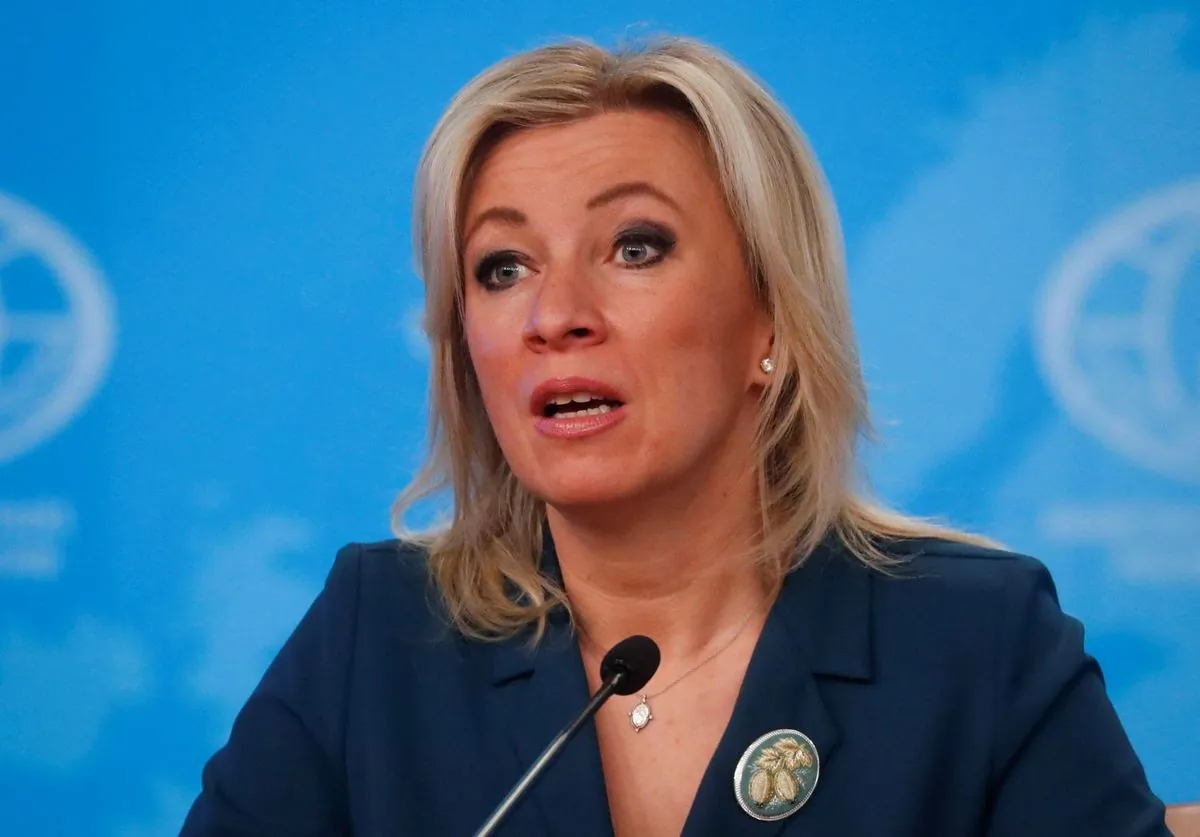In a recent development, Russia has announced its intention to respond to Latvia's newly implemented residence permit regulations for Russian citizens. The Baltic nation, which gained independence from the Soviet Union in 1991, has introduced stricter rules, including a mandatory Latvian language test for Russians seeking to renew their permits.
Maria Zakharova, the spokesperson for Russia's foreign ministry, conveyed Moscow's stance to the RIA news agency. She stated that Russia would "continue to take tough measures, including those of asymmetric nature" in response to Latvia's actions. However, Zakharova did not provide specific examples of potential countermeasures.
Latvia, a member of the European Union and NATO since 2004, has a significant Russian-speaking population, with approximately 25% of its 1.9 million inhabitants being ethnically Russian. The country has been working to reduce its dependence on Russia, particularly in the energy sector, and has been a strong supporter of Ukraine in its ongoing conflict with Russia.
The new regulations implemented by Latvia are viewed by Moscow as arbitrary and in contradiction with various human rights treaties. This situation highlights the complex relationship between the two countries, which share a border and have a long history of cultural and economic ties.
Latvia's decision to introduce a language test for residence permit renewals aligns with its efforts to promote the use of Latvian, the country's official language. As a member of the Schengen Area since 2007 and the Eurozone since 2014, Latvia has been balancing its Western alliances with its historical connections to Russia.
This latest development adds to the ongoing tensions between Russia and the Baltic states. As Latvia continues to assert its independence and align more closely with Western institutions, Russia's response to these new regulations may have broader implications for regional stability and diplomatic relations.
"We will continue to take tough measures, including those of asymmetric nature."
The situation underscores the delicate balance of power and influence in the region, with Latvia's strategic location as a transit hub playing a significant role in its economic and political considerations. As both nations navigate this latest diplomatic challenge, the international community will be watching closely to see how Russia's promised response unfolds and what impact it may have on the broader geopolitical landscape.
